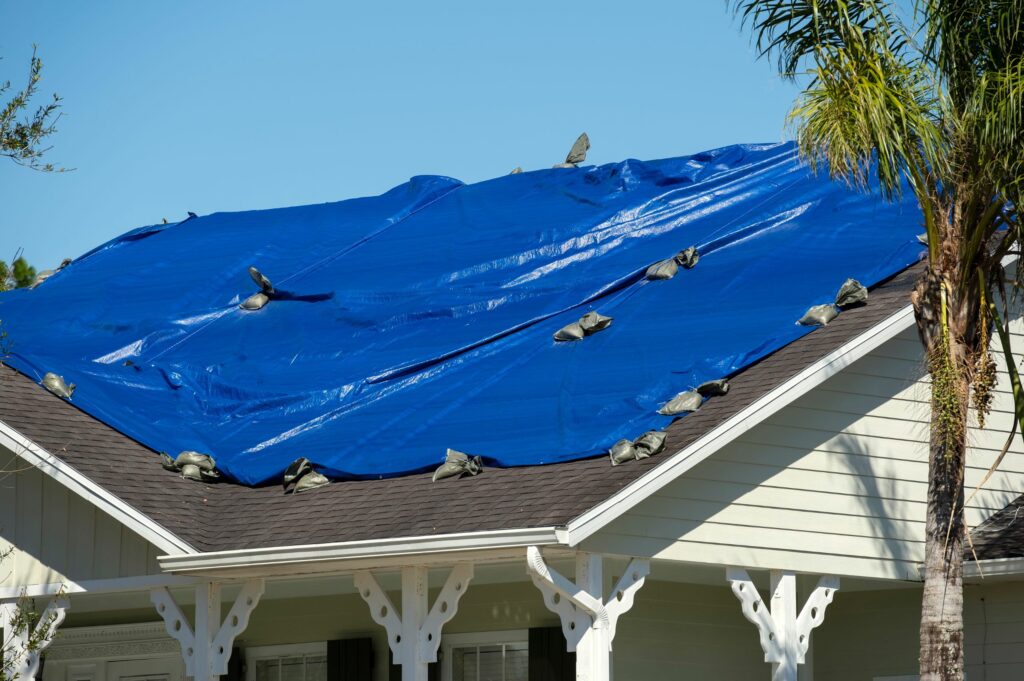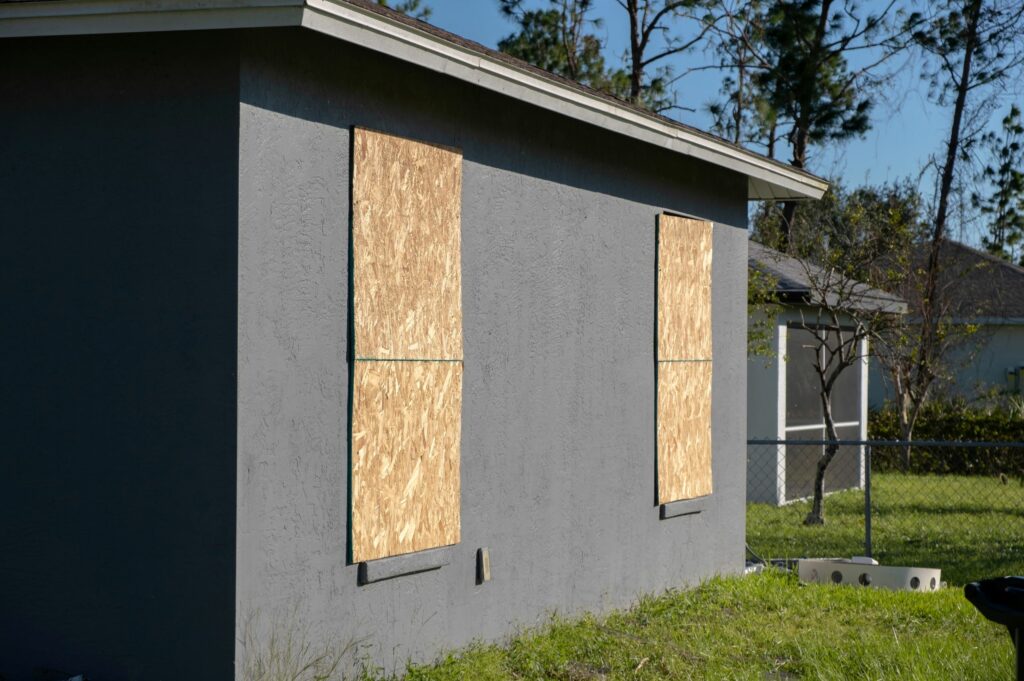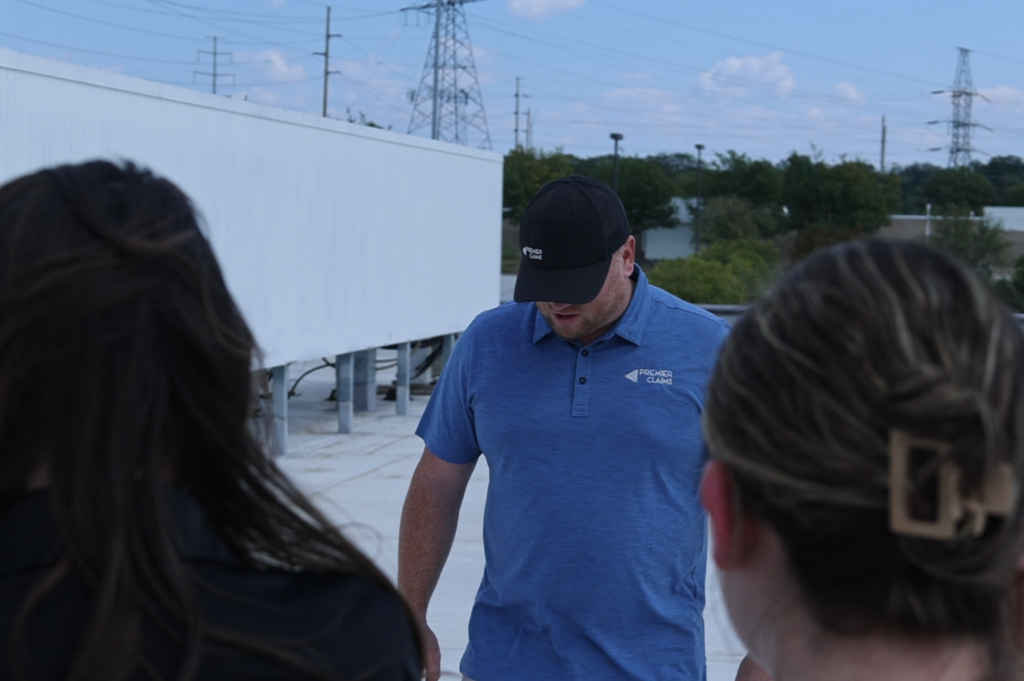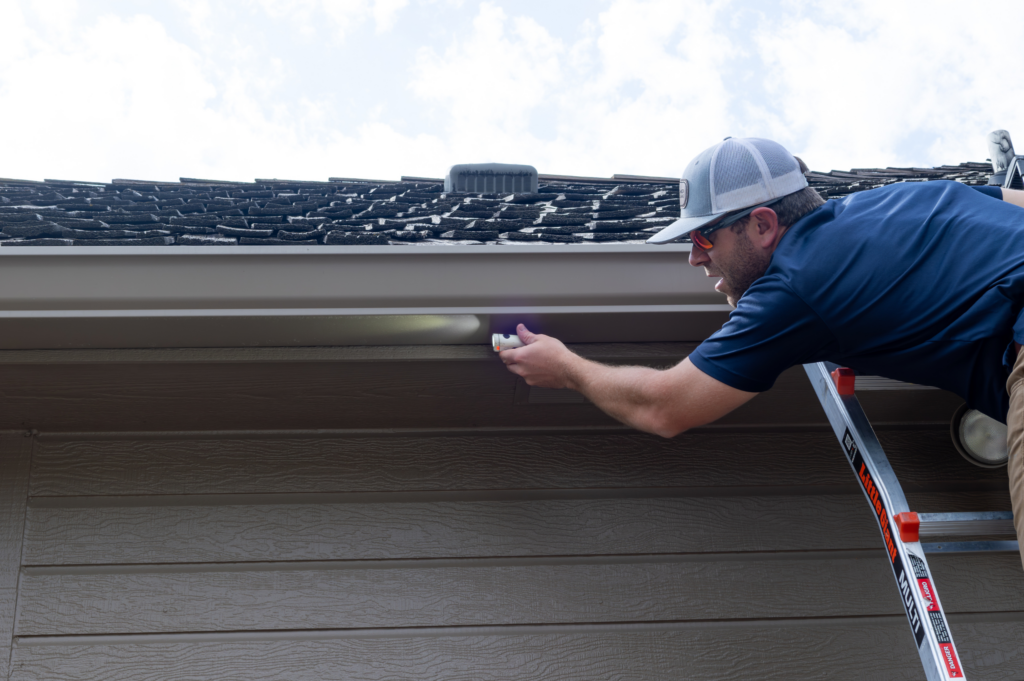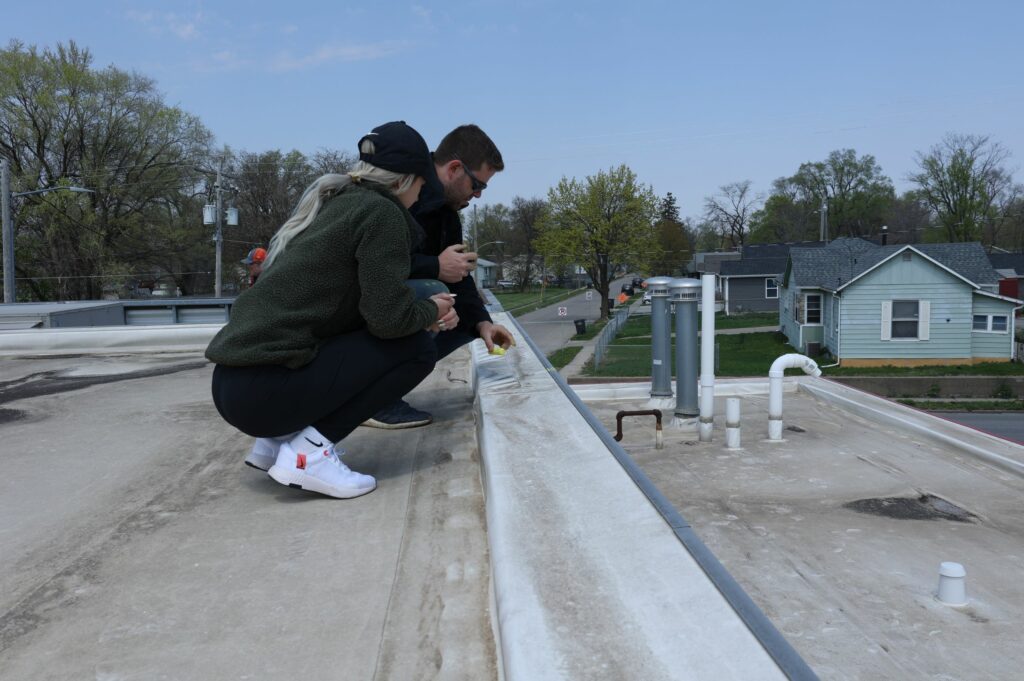The destruction after a hurricane can be immense and overwhelming. And despite the aftermath of a hurricane, the last thing you want is for your property to suffer more damage. Your insurance policy will also mandate for you to mitigate further damages. We’ll discuss your duty as a policyholder to mitigate further damages, options for mitigation, and how mitigation factors into your insurance claim.
Policyholder Responsibilities to Mitigate Further Damages
Your insurance policy mandates that you take reasonable steps to protect your property from additional damage post-hurricane. The language will vary in each policy, but the overall objective is the same— protect your property from further damage.
Duties After Loss or Damage
Check your insurance policy for detailed guidelines on what actions you should take after your property suffers hurricane damage. Complying with your policy terms will be crucial in your claims process.
Documenting All Expenses Incurred During Mitigation
Keep records of all costs you incur while taking steps to prevent further damage to your property. These records serve as proof of expenses when you file your insurance claim.
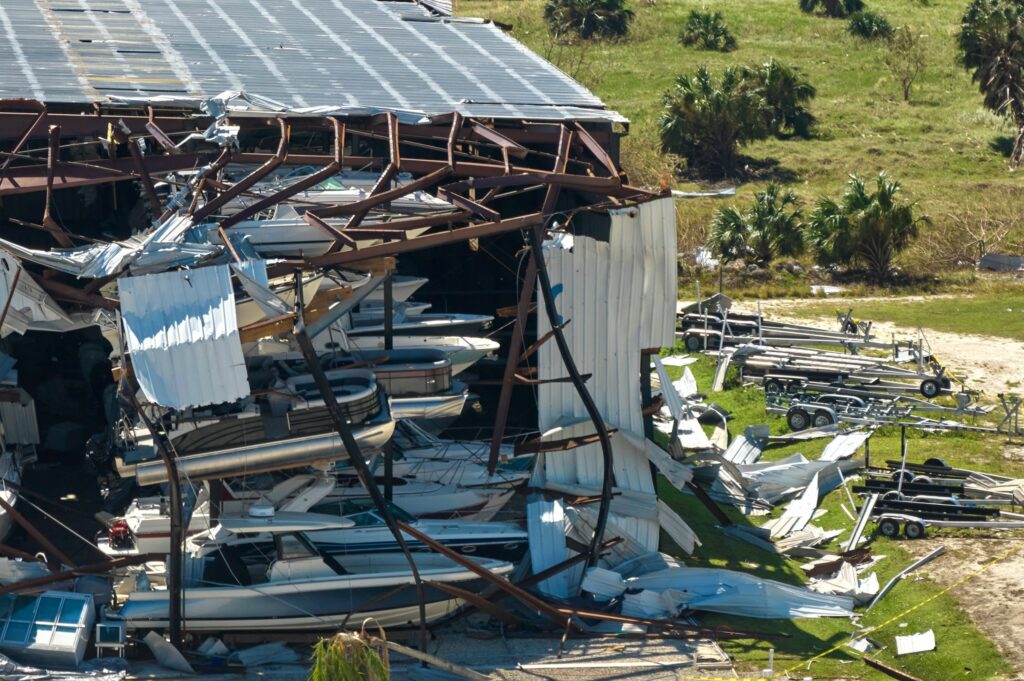
Options for Mitigating Against Further Damage
We recommend seeking the advice and assistance of a professional after a hurricane, as the damages can be quite extensive and overwhelming. A professional will inspect your damages, provide an estimate, and perform the mitigation for you. In severe damage cases, a specialty mitigation company may be required to tend to more complex mitigation requirements.
Common Mitigation Applications Often Include
-
-
- Tarping roofs to avoid leaks or intrusion of other debris
- Securing damaged areas where leaks could occur
- Covering broken windows or compromised opening
- Removing surrounding debris.
-
Mitigation costs can be a burden under your insurance policy. It’s crucial not to compromise on mitigation efforts because inadequate protection could result in mold, mildew, and additional structural damage that may not be covered by your insurance. We recommend reviewing your policy ahead of time to understand the required level of mitigation and ensure you’re prepared before a hurricane occurs. You can have a complimentary policy review by our legal team here!
How Mitigation Factors into Your Insurance Claim
According to your insurance policy, your insurance carrier expects you to take reasonable steps to protect your damaged property from further harm. In most cases, the costs of these actions can be reimbursed under your policy.
However, costly methods like shrink wrapping, which temporarily secures a tarp on your roof, may complicate cost recovery. During a hurricane, appropriate alternatives, supplies, and mitigation services could be scarce for a prolonged period. It’s crucial to communicate with your insurance carrier to avoid paying out of pocket for mitigation. During your preparation for the hurricane, we recommend having a list of mitigation companies that you can quickly deploy to your property to inspect following the storm
Failing to mitigate could reduce your final settlement or lead to a claim denial. Just as it’s essential to document your property before and immediately after a storm, documenting the mitigation process is equally vital.
Documentation Recommendations
-
-
- Taking photos from different angles of each mitigation step
- Using videos as needed
- Keeping records of communications with vendors, receipts, and materials
-
Promptly mitigating further damages after a hurricane protects your property and can strengthen your insurance claim. Premier Claims is dedicated to guiding policyholders through every step of the recovery process.

